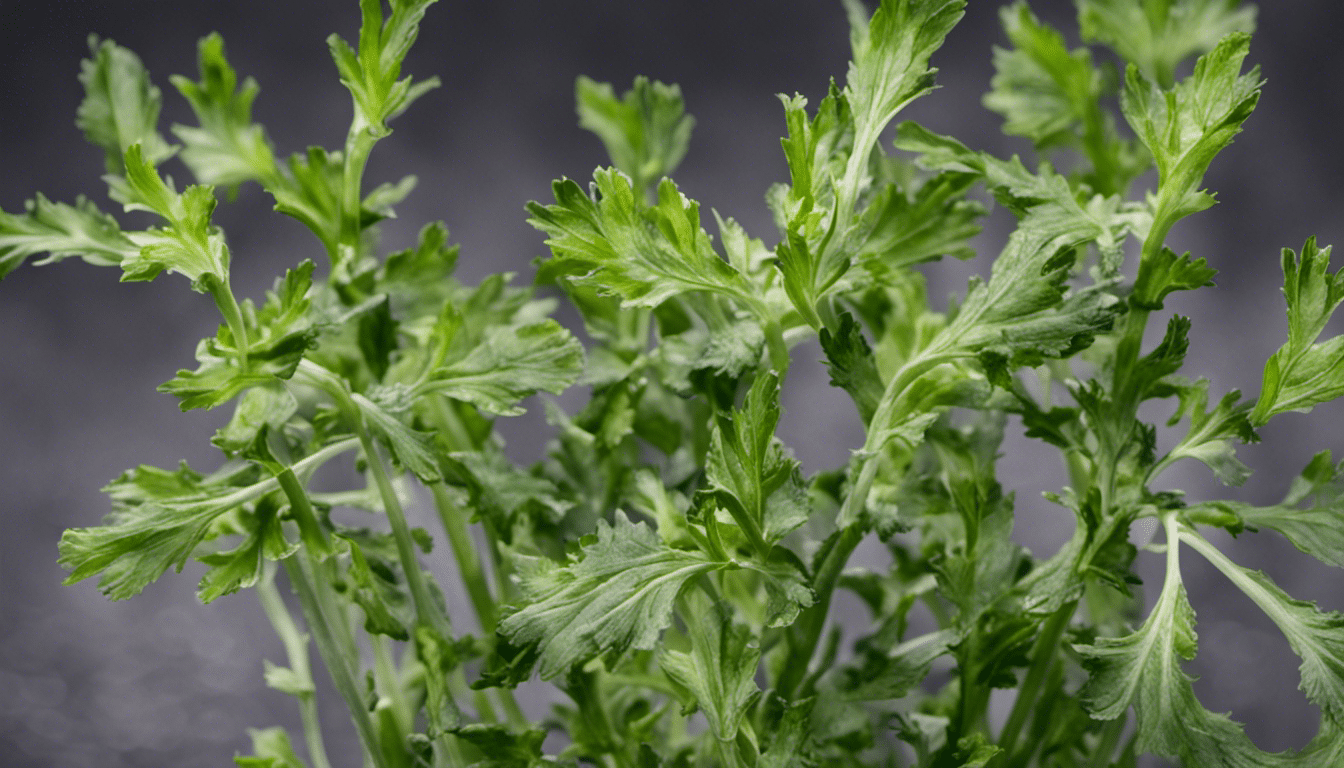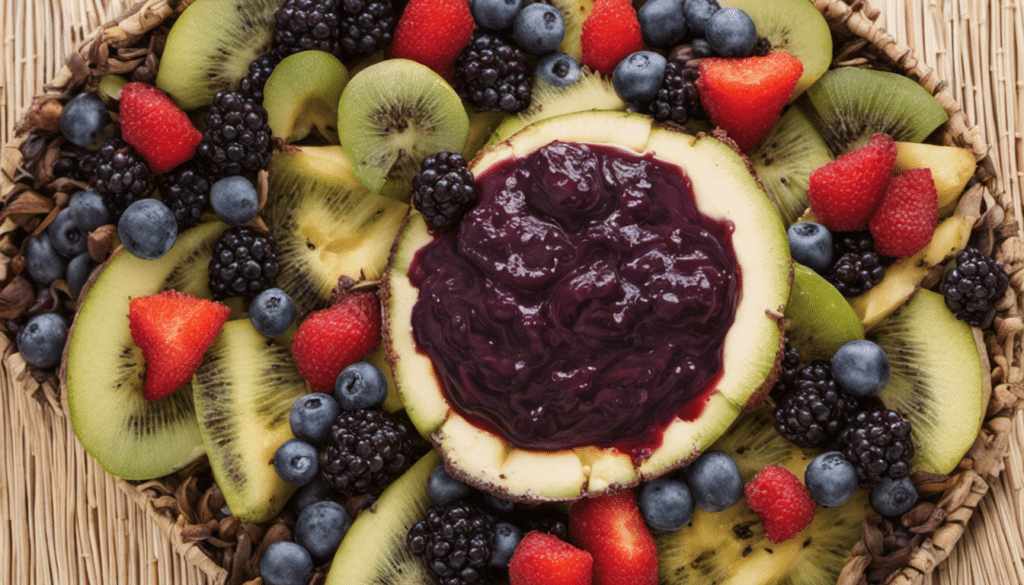All About Mizuna greens
Often found nestled within the nutritious selections of your favorite salad mix, Mizuna greens, also known as potherb mustard, Japanese mustard, spider mustard, or mustard greens, hold a distinctive place in the realm of leafy vegetables. Native to Japan, these bright, delicate, and peppery leaves have gradually won worldwide acclaim for their unique flavor profile and high nutrient content.
An Overview of Mizuna Greens
Mizuna greens belong to the Brassica genus, which includes esteemed counterparts such as kale, cabbage, broccoli, and cauliflower. Featuring deeply serrated leaves and elegant, slender stems, these lightly peppery greens are a marvel of palatability and versatility. Whether consumed raw in salads, stir-fried, pickled, or incorporated into a hearty soup, Mizuna greens offer a gratifying crunch and a mildly spicy note to complement a variety of dishes.
Nutritional Highlights
Being an integral part of the Brassicaceae family, Mizuna greens are packed with noteworthy nutrients. They are rich in vitamins A, C, and K, and are a good source of iron, calcium, and folate. Furthermore, these verdant leaves are loaded with antioxidants, dietary fibers, and trace minerals. Every bite of this green goodness makes a meaningful contribution to your recommended daily nutrient intake.
Health Perks of Including Mizuna in Your Diet
The regular addition of Mizuna greens to your diet can yield some remarkable health rewards. Its high beta-carotene (pro-vitamin A) levels support healthy skin and good vision, while the substantial vitamin K content promotes bone health and aids in blood coagulation. The iron found in Mizuna plays a pivotal role in hemoglobin formation, thus helping in the prevention of anemia.
Mizuna greens are also a potent source of antioxidants, especially glucosinolates which are known for their cancer-preventing properties. In fact, studies have suggested that the isothiocyanates (products of glucosinolates) present in Brassica vegetables might lower the risk of certain types of cancer, including lung and colorectal cancer.
The dietary fiber in Mizuna is beneficial for digestive health, helping to regulate bowel movements and potentially preventing gastrointestinal diseases. In addition to these, the significant dose of vitamin C in Mizuna strengthens the immune system and helps in the absorption of iron in the body.
Incorporating Mizuna into Your Meals
Integrating Mizuna greens into your regular diet is pleasingly straightforward, owing to their versatility and agreeably light taste. These leaves can add a delightful freshness to salads, provide a nutritious boost to smoothies, or make an enjoyable addition when wilted into pastas or risottos. They also hold up rather well to brief sautéing or light steaming and make for a flavor-enhancing topping on pizzas and tartines. Expand your culinary horizons by considering adding this nutritious, flavorful green into your recipes!
Mizuna greens Recipe Ideas
- Mizuna Greens Salad with Honey Sesame Dressing
- Stir-fried mizuna greens with garlic and chili
- Mizuna and Avocado Salad with Japanese Dressing
- Roasted Beet and Mizuna Greens Salad
- Mizuna and Pear Soup
- Mizuna Greens with Apple Cider Vinaigrette
- Mizuna and Prosciutto Pizza
- Mizuna Pesto and Fresh Tomato Pasta
- Sesame Crusted Tuna with Mizuna Salad
- Spicy Mizuna Greens Stir Fry with Tofu




